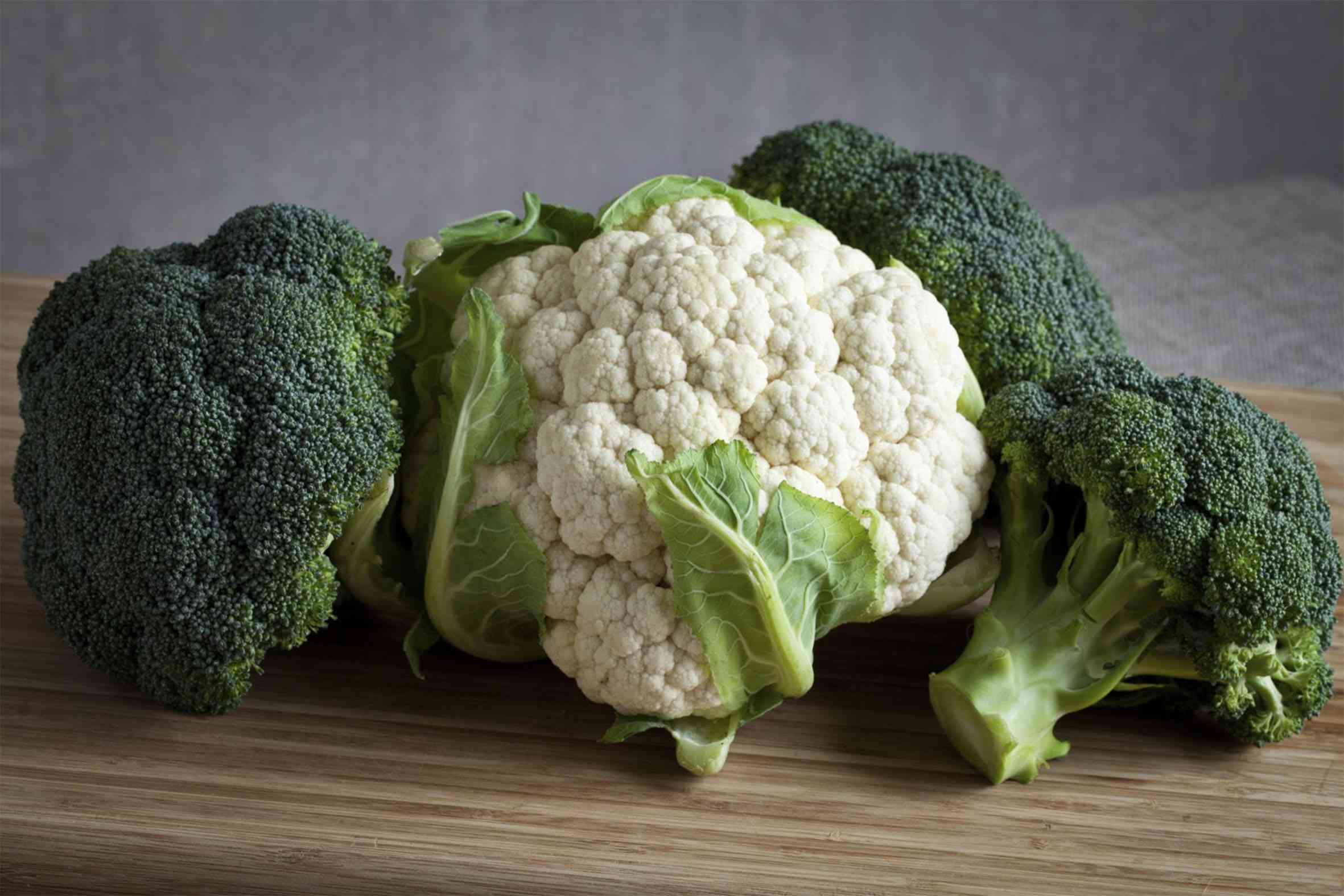
Your liver is one of the most important organs in your body. It performs a range of functions including processing nutrients, filtering toxins, producing bile to help digest fats and releasing glucose, which provides your body with energy.
Looking after your liver is crucial for maintaining overall good health and preventing liver diseases such as hepatitis, cirrhosis and liver cancer. Taking steps such as eating a healthy diet, limiting alcohol consumption and staying physically active can help keep your liver in good shape.
Today (Friday April 19) marks World Liver Day. It is celebrated every year to raise awareness about the importance of liver health. It provides us with an opportunity to reflect on what we can do to look after our liver and whether some of our less healthy lifestyle choices could result in damage to this important organ.
We tend to take our health for granted until we become ill, when we may come to regret some of the poor lifestyle choices we have made. Yet we can promote our own good health and minimise the risk of becoming ill through adopting a healthy lifestyle.
Keeping your liver healthy
There are several ways to care for your liver that can help reduce the risk of liver disease and keep your liver functioning optimally.
You can start with your diet. Vegetables such as broccoli and cauliflower are rich in nutrients, including antioxidants, that can help detoxify the liver. These vegetables can also help balance liver enzymes and prevent fatty liver disease, a condition where excess fat accumulates in the liver.
Fish such as salmon, tuna and mackerel are rich in omega-3 fatty acids which contain antiinflammatory properties that can help reduce the risk of liver disease and fatty liver disease.
- Health talk: Power outages significantly impede health service delivery
- Health talk: Power outages significantly impede health service delivery
- Health talk: By Dr Johannes Marisa – Drug abuse is now too rampant
- Health talk: By Dr Johannes Marisa – Drug abuse is now too rampant
Keep Reading
Foods high in fibre such as oatmeal and whole grains can help slow the death of liver cells and reduce inflammation. In addition, these foods are rich in antioxidants which can help protect against liver disease.
Soy is a great alternative to animal proteins and has been shown to reduce fat build-up in the liver. Soy can also protect against alcohol-related fatty liver disease, a condition caused by excessive alcohol consumption, which can lead to liver damage.
Adding the spice turmeric to your food can also help protect your liver. It contains a compound called curcumin, which has anti-inflammatory properties and has been found to reduce elevated liver enzymes.
Citrus fruits such as oranges, grapefruits and lemons contain compounds that can help reduce liver toxicity. They are rich in vitamin C, an antioxidant that can help prevent the build-up of fat in the liver.
Drinking plenty of water is essential for overall health and can help flush toxins from the body, including those that can contribute to liver damage. Aim for at least 8 to 10 glasses of water per day to support liver health.
Another way to help take care of your liver is by maintaining a healthy weight. Excess weight can contribute to fatty liver disease. You can maintain a healthy weight through a balanced diet and regular exercise.
Regular exercise can help support liver health by reducing inflammation and improving blood flow. Aim for at least 30 minutes of moderate exercise, such as walking or cycling, every day.
Toxins found in pesticides, certain chemicals in processed foods and some medicines can contribute to liver damage. Avoiding these toxins whenever possible can help reduce the risk of liver disease.
Cutting down on alcohol consumption can be beneficial for liver health. If you drink alcohol, make sure you only do so in moderation. Excessive alcohol consumption is a leading cause of liver disease. Avoid binge drinking as this can cause significant harm to your liver.
If you have already experienced liver damage, it is important to abstain from alcohol altogether
The most effective way to prevent alcohol-related liver damage is to quit drinking alcohol altogether. However, for many people, quitting alcohol can be challenging, especially if they struggle with alcohol addiction.
If you are struggling to quit alcohol, there are anti-craving medications that can help reduce the urge to drink. These medications can be a helpful tool in combination with counselling or therapy to treat alcohol addiction.
Liver cleanses have become a popular way to support liver health. They, however, should be done carefully. Many liver cleanses can be harmful as they may involve the use of supplements or extreme diets that can damage the liver. Make sure you consult a healthcare professional before embarking on a liver cleanse.
Liver disease
Liver disease is a common condition that can affect and damage the liver, making it unable to function properly.
There are few symptoms in the early stages of liver disease. Untreated liver disease can lead to permanent liver damage such as cirrhosis or liver cancer if not treated early.
Common causes of liver disease include viruses such as hepatitis B or hepatitis C, eating an unhealthy diet, being overweight, excessive drinking of alcohol, genetics and autoimmune diseases.
However, if detected early enough, many types of liver disease can be prevented or even reversed.
Treatment
Liver disease can be fatal and should not be ignored. If you are concerned about your liver health, the first step is to speak to your doctor and obtain a liver function test. This test measures the levels of enzymes and proteins in your blood, which can indicate liver damage.
Your doctor may also recommend ultrasound or a biopsy to further assess your liver health. If you have liver problems, your doctor may recommend treatment to help slow or reverse the damage.
Treatment options may include medication and dietary and lifestyle changes. In some cases, liver transplantation may be necessary.
- The information in this article is provided as a public service by the Cimas iGo Wellness programme, which is designed to promote good health. It is provided for general information only and should not be construed as medical advice. Readers should consult their doctor or clinic on any matter related to their health or the treatment of any health problem. — [email protected] or WhatsApp 0772 161 829 or phone 024-2773 0663











